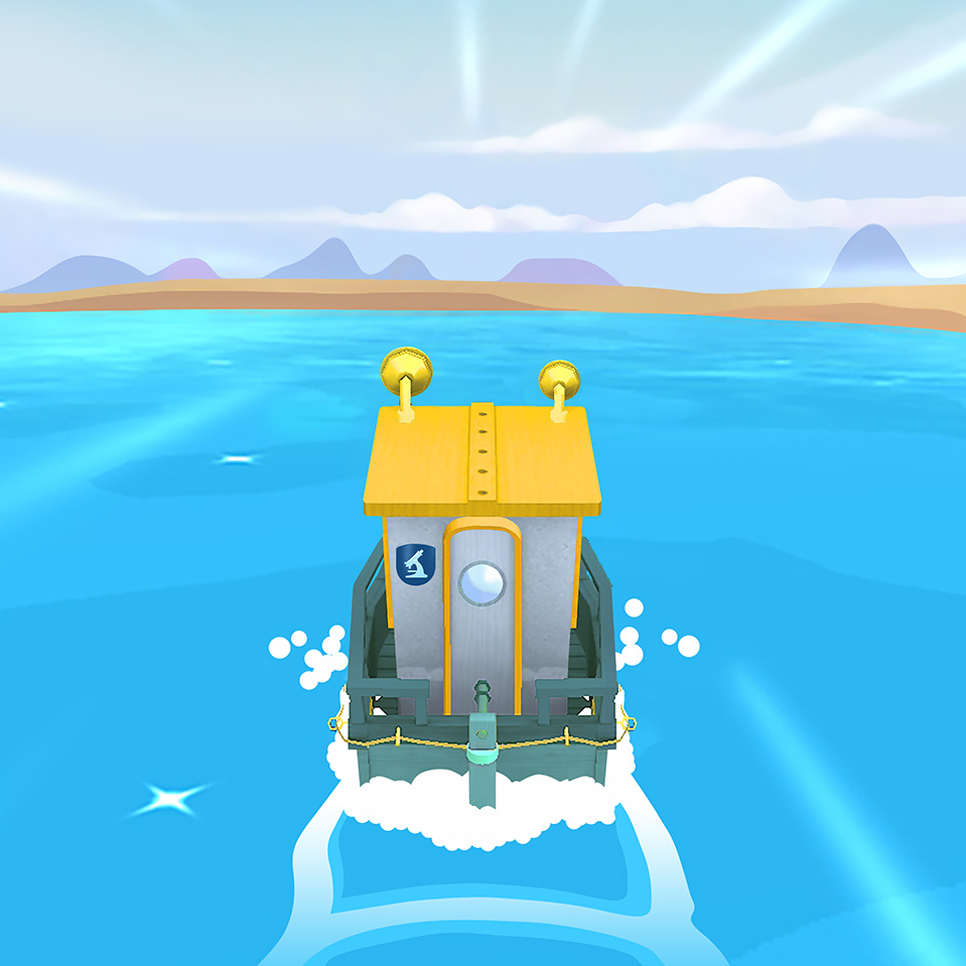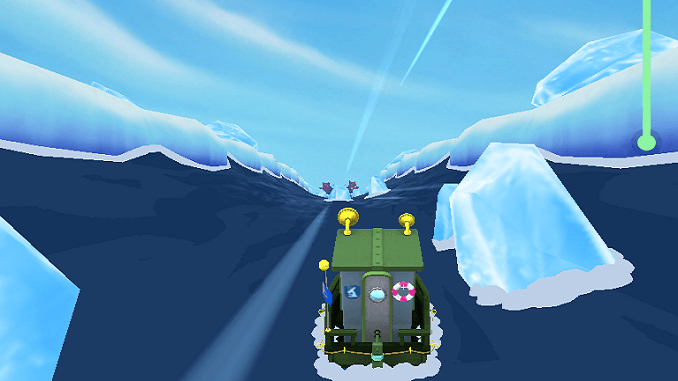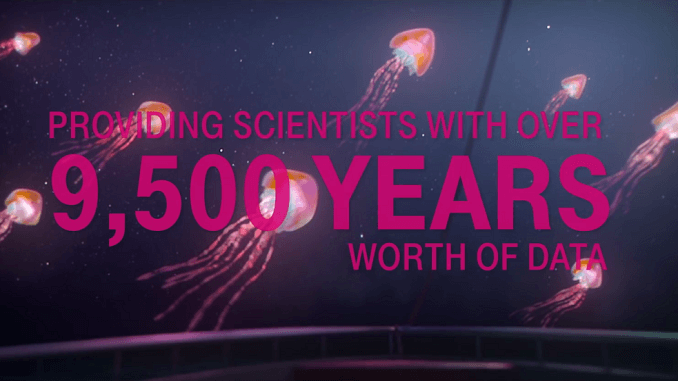GUIDANCE FOR RESEARCHERS
- To set up a new project: Sea Hero Quest Researcher Portal
- For information on how to use the portal: Sea Hero Quest Wiki
- If you require technical help or support, please complete this contact form: https://seaheroquest.alzheimersresearchuk.org/contact/
DATA
If you have set up a study already, and have technical questions regarding the data you have downloaded from the portal, you may find the following FAQs document useful: Technical FAQS.
Other useful resources:
Tips:
- ‘ r’ indicates the direction faced by the boat, further details in the Technical FAQs document above.
- Events can be discarded.
- The Radial maze is no longer available or applicable to current research projects, so is disabled, so please ignore.
- Researchers have used Python or MATLab for analysis. For json files, you can use the following for example: https://jsoneditoronline.org/.
- The ‘x’ and ‘y’ coordinates recorded are converted into a ‘distance travelled metric’. This has been used in current studies and has been very intuitive. Because we have data for 4 million people, we can use this to profile people exactly for where they fall in the distribution. We are developing more sophisticated measures, but the distance works well as a measure.
If you have any further questions not answered here, please email seaheroquest@ucl.ac.uk
If you have issues setting up your project, or with your data, please use this contact form to access the different support options and you will be directed to our helpdesk: https://seaheroquest.alzheimersresearchuk.org/contact/
GLOBAL DATA SET
Sea Hero Quest has been played by 4.3 million people around the world, providing scientists with data that would have taken traditional dementia research 176 centuries to collect.This powerful data set from people of all ages and backgrounds around the world is now being used to help create a global benchmark spatial navigation and improve diagnostic approaches to early disease detection.To access the data set, please visit: Sea Hero Quest | Deutsche Telekom (windows.net)
The new version of the app is available for players with a participant code, generated by the Sea Hero Quest system according to the criteria and requirements of a specific project. Researchers will be able to invite a targeted group of participants to play Sea Hero Quest and generate data about their spatial navigation capabilities.
PUBLICATIONS - VIDEO & PODCASTS - NEWS
PUBLICATIONS
- C. Seton, A. Coutrot, M. Hornberger, H J. Spiers, R. Knight, C Whyatt. (March 9, 2023). Wayfinding and path integration deficits detected using a virtual reality mobile app in patients with traumatic brain injury. PLoS ONE 18(3)
- T Zaksaite, C Loveday, T Edginton, HJ Spiers, AD Smith. (2023). Hydrocephalus: A neuropsychological and theoretical primer. Cortex, Volume 160, Pages 67-99.
- PS Muhle-Karbe, H Sheahan, G Pezzulo, HJ Spiers, S Chien, NW Schuck, C Summerfield. (Feb 2023). Goal-seeking compresses neural codes for space in the human hippocampus and orbitofrontal cortex. Biorxiv preprint.
- R Dalton, J Wiener, D Yesiltepe, A Adams, N Dalton, H Spiers, M Hornberger. (Feb 2023). Motivational Factors for Participating in Citizen Science Games. Northumbria Research Link.
- Greg L. West, Zita Eva Patai, Antoine Coutrot, Michael Hornberger, Véronique D. Bohbot, & Hugo J. Spiers. (2023). Landmark-dependent Navigation Strategy Declines across the Human Life-Span: Evidence from Over 37,000 Participants. Journal of Cognitive Neuroscience, 1–16, 35 (3): 452–467.
- Spiers, H. (2021). Lost. The Psychologist, 34, 30-35.
- Coutrot, A., Manley, E., Yesiltepe, D., Dalton, R. C., Wiener, J. M., Holscher, C., Hornberger, M., & Spiers, H. J. (27/01/2020). Cities have a negative impact on navigation ability: evidence from 38 countries. bioRxiv. Now published in Nature doi: 10.1038/s41586-022-04486-7.

VIDEOS & PODCASTS
- Gamespot and Sea Hero Quest: The Game To Save The Human Brain. (Oct 2, 2022)
- Health Points - Health Gamification: Michael Hornberger - Sea Hero Quest’s navigation to over 4 million players. (Apr 06, 2022)
- Sea Hero Quest: The Project Story
- Sea Hero Quest and Glitchers: The Game Story
- Sea Hero Quest and ARUK: #GameForGood
- Sea Hero Quest and Deutsche Telekom: Research findings
- Listen to THIS: Exploring the potential of citizen science. Episode 6. Univeristy of Cambridge.
- BBC Sounds - Science In Action: The Dementia Game, 11:49'. (May 5, 2016)

NEWS AND ARTICLES
- Medical Xpress: Smartphone games can help to detect the long-lasting effects of traumatic brain injuries. 2023
- UCL Portico Magazine: Using play to diagnose Alzheimer’s. 2023
- Mail Online: Reported sleep duration reveals segmentation of the adult life-course into three phases - Study reveals we get more shut-eye after our fifties. (December 23, 2022)
- Gamespot: The Game That Fights Dementia | MindGames. (October 2, 2022)
- New Scientist: Where you grew up influences how well you navigate the world. (March 30, 2022)
- Glitchers Blog: SEA HERO QUEST RELAUNCHES AS NEW RESEARCH EDITION. (October 12, 2021)
- The Economist: Growing up in a city weakens the brain’s navigational skills. (February 6, 2020)
- New Scientist: People who grow up outside of cities have a better sense of direction. (February 6, 2020)
- Deutsche Telekom: Sea Hero Quest sets new standards in dementia research. (Novermber 17, 2016)
- BBC News: Mobile game Sea Hero Quest 'helps dementia research'. (May 4, 2016)
- CNN International: Sea Hero Quest game shows that ability to navigate declines at young age. (May 4, 2016)
- Huffington Post: Citizen Science Project. (May 4, 2016)
- The Telegraph: Playing this smartphone game can help fight dementia. (May 4, 2016)

